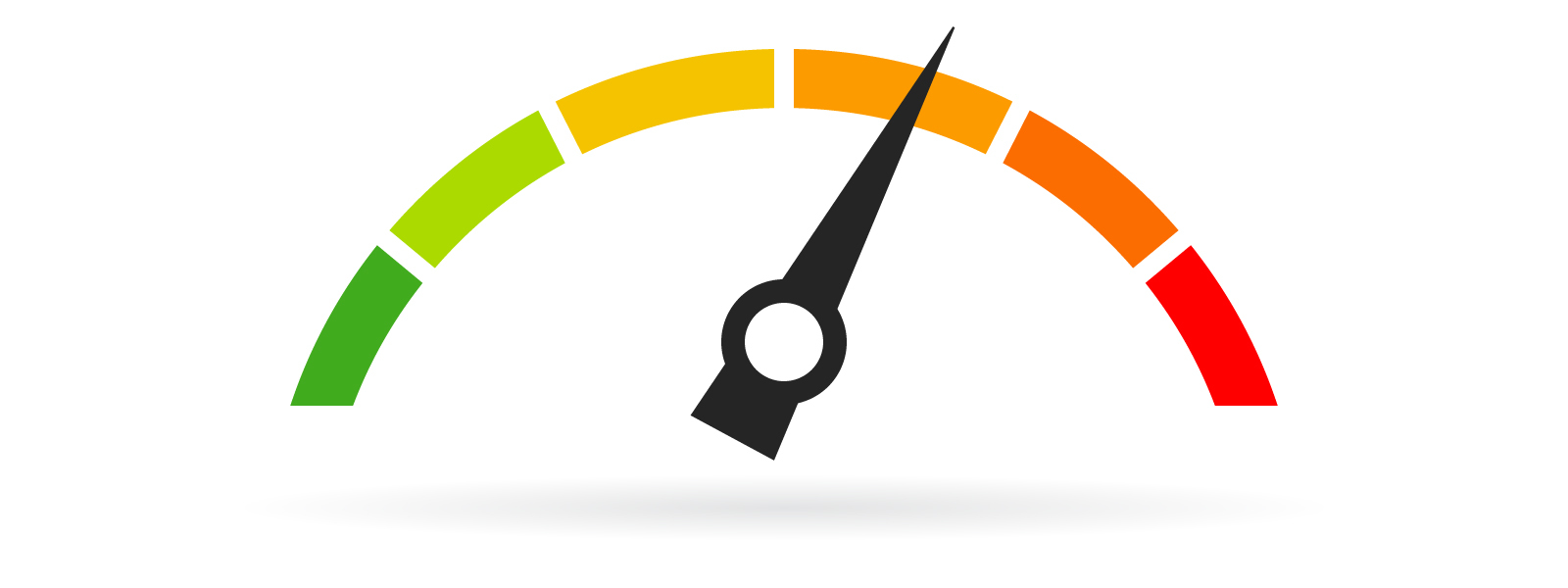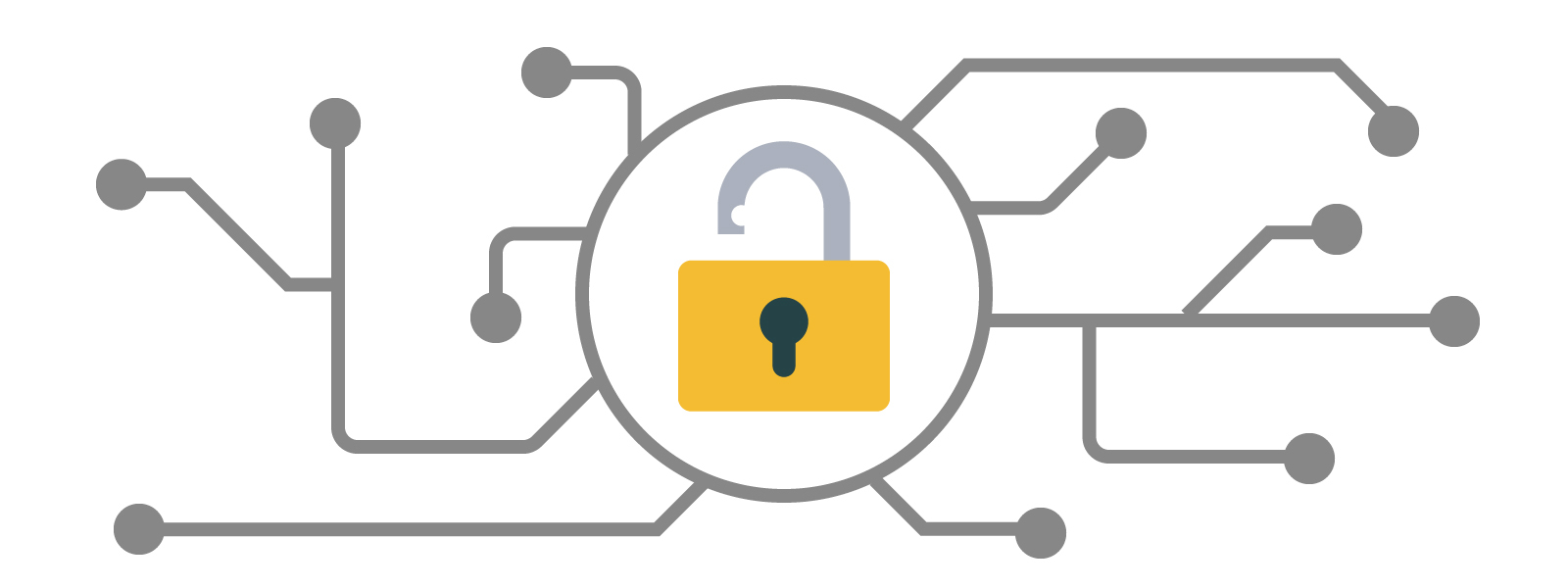What measures have you taken to protect your website from cyber attacks? Building a website is a time-consuming process that often requires weeks if not months of work to complete. Unfortunately, many small companies who handle the task themselves and even some for-hire, design-centric marketing companies overlook security when building a website. Instead, they focus on design customization and content creation – easy and sexy upgrades. Rather than following this path with your company’s website development, you should make security a priority.

Website Security: The Importance of Maintaining a Secure Website

Cyber Attacks Can Harm Your Brand's Reputation
It only takes a single cyber attack to cause irreparable damage to your brand's reputation. According to a survey of over 10,000 consumers conducted by the cybersecurity solutions provider Gemalto, over two in three consumers say they would stop purchasing a business's products or services if the business experienced a cyber attack.
A cyber attack shows visitors, as well as potential customers, that your brand is either apathetic or inept at protecting its website. In turn, visitors and prospective customers will think less fondly of your brand, which may compel them to choose a competitor's website instead.
Search Engines Blacklist Hacked Websites
Your website's search traffic could suffer if it's hacked. Search engines blacklist hacked websites to protect their users from a similar fate. If your website is hacked, for instance, it may serve malware to visitors, or it may collect their personal information and pass it off to hackers. Google and Bing don't want to expose their users to cyber threats such as these, so they blacklist hacked websites in their search results.
Once blacklisted, your website won't appear anywhere in the search results. Google and Bing will remove all of your website's organic listings until the problem has been addressed. Even then, you'll typically have to reach out to Google or Bing to notify them that your website is secure.

Cyber Attacks Can Harm Your Website's Speed and Performance
Regardless of whether your website is blacklisted in the search results, a cyber attack could harm its speed and performance. A distributed denial-of-service (DDoS) attack, for instance, will spam your website's server with an excessive amount of traffic originating from many devices in different locations.
According to ZDNet, there were over 8 million recorded DDoS attacks in 2019. Hackers execute DDoS attacks using a network of hijacked computers, tablets, smartphones, smart wearables, and other internet-connected devices. Known as a botnet, the devices will spam your website's server, thus slowing it down or even taking it offline.
Certain types of malware can harm your website's speed and performance as well. If your website is infected with crypto-mining malware, for instance, visitors may encounter longer load times. This relatively new form of malware lives up to its namesake by using your website to mine cryptocurrency. It typically runs in the background while consuming massive amounts of server resources, including CPU.
It's Difficult to Recover From a Cyber Attack
Although it's usually possible to recover from a cyber attack, it's not easy. You must find and remove all malicious files and lines of malicious code. Of course, if you're not familiar with malware, you may struggle to identify these, let alone remove them.
Hackers generally try to conceal their malware so that it's not easily discovered. They'll give their malware legitimate-sounding names, place it deep in the victim website's directories or simply inject the malicious code into an existing file.
Furthermore, some forms of malware can delete or alter your website's data. And once deleted or altered, your only option to recover the data might be to restore your website with a backup. Removing the malicious files or lines of malicious code won't restore the data that’s been changed or removed. Rather, you'll have to upload a backup copy of your website. If you're guilty of rarely or never creating backups, though, your website's data could be lost forever.

Cyber Attacks Against Websites Are on the Rise
Contrary to popular belief, cyber attacks against websites aren't decreasing; they are increasing. Each year, the number of hacked websites increases. A recent cybersecurity report published by Forbes suggests that over 30,000 websites are infiltrated, breached or otherwise hacked each day.
One of the reasons cyber attacks against websites are so common is because of the massive amount of internet-connected devices in existence. According to Strategy Analytics, there are now over 22 billion devices globally that are capable of accessing the internet. As the total number of internet-connected devices continues to increase, so will the number of hacked websites. Unbeknownst to their rightful owners, hackers take control of internet-connected devices for use in DDoS attacks and other cyber attacks.
Don't assume that your website is safe from cyber attacks just because it's small. While some hackers target large websites, such as corporate websites, many specifically target small websites. Small websites contain fewer, as well as weaker, security measures to protect against cyber attacks than larger websites. As a result, they are viewed as attractive targets by hackers.
Weak or Nonexistent Cybersecurity Is a Liability
Failure to maintain a secure website is a serious liability that's simply not worth the risk. In the United States, there are federal and state privacy laws with which businesses must comply. Generally speaking, privacy laws place liability on businesses that fail to implement either required or reasonable safeguards to protect their customers' personal information. In other words, a customer could sue your business if his or her personal information was leaked as a result of weak or nonexistent cybersecurity.
There are also privacy laws requiring businesses to notify individuals who are affected by a data breach. As of 2018, all 50 states have a data breach notification law. While their requirements vary, most of them require businesses to send to inform individuals when their personal information is leaked within a specific number of days. To avoid such a headache, you must maintain a secure website while ensuring your customers' personal information is protected from unauthorized access or use.

As a business owner with a website, it's your responsibility to keep your website secure. If you place cybersecurity on the back burner, it could damage your brand's reputation, compel search engines to blacklist your website, slow down your site and more.



